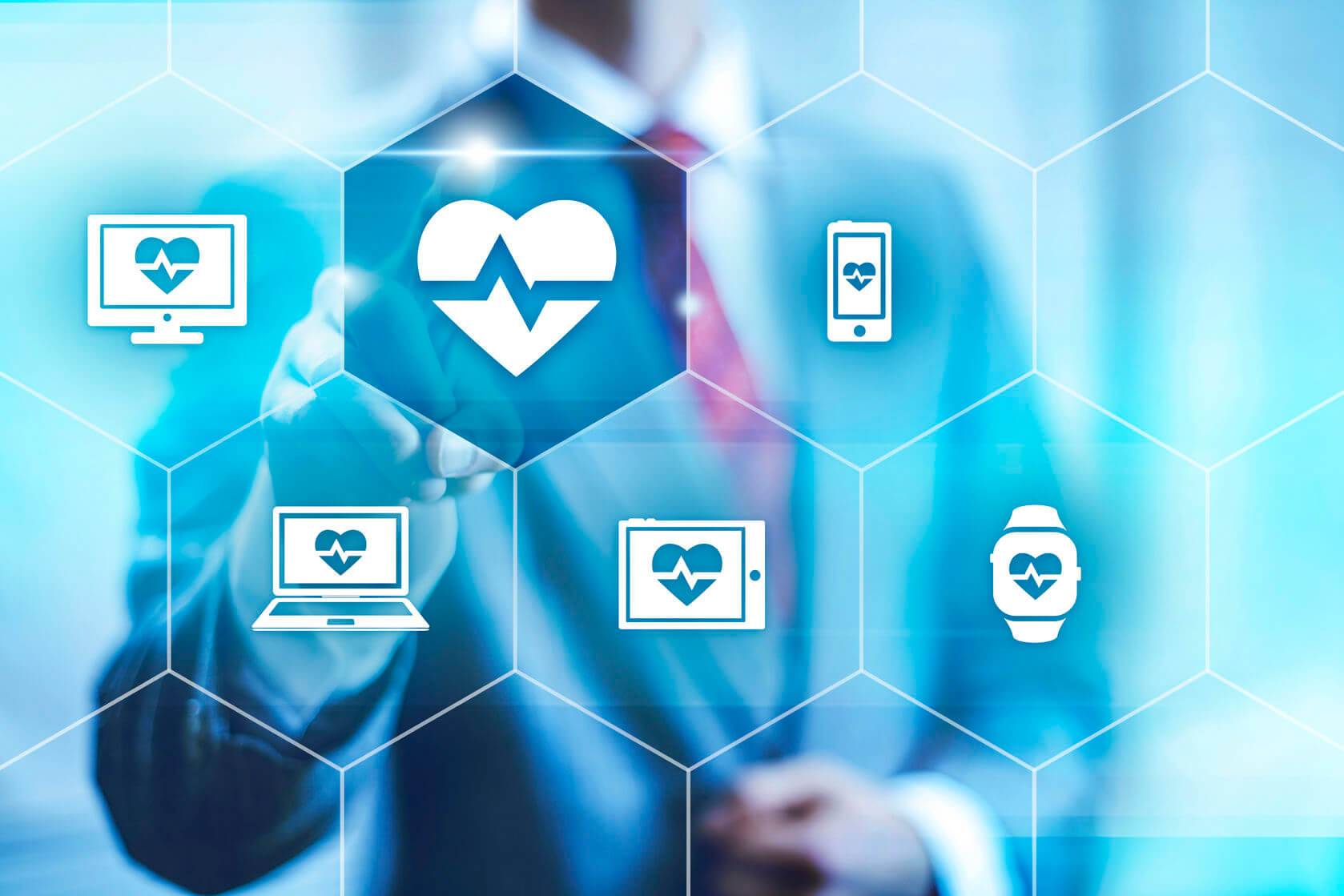Execution of Blockchain in Healthcare

In the Healthcare sector, individuals need to spend time and amount to get their health report. PHR (Personal Health Record) tools have been intended to comfort the patients in accessing health records. The software tools have the accumulation of a person’s health including Date of Birth, hypersensitivities, drugs, chronic medical issues, and family ancestry. As an expansion, patients have begun utilizing Electronic Healthcare Record. The EHR gives the fundamental data to enhance the patient’s health. Contrasted with the regular report, EHR has facilitated the procedure and along these lines decreased the amount spent.
Although EHR has numerous advantages for the patients, it fails to deal with complexities including multi operability of health data. Because of the life events, the patients Update health data to various healthcare providers. Because of system software and operation process, getting all the healthcare services data together takes additional time. To acquire a solution for the obtainability of healthcare services data, blockchain has been presented in the Healthcare industry.
Uses of Blockchain in Healthcare
Parental figures feel very hopeful about fast blockchain usage, with 37.9% foreseeing that it will take just five years to receive it across over Medical organizations. Until now, these organizations and experts require instances of the blockchain, and how it is useful in their field.
Instances of blockchain in healthcare include the below utilization issues:
- Drug detectability
- Data security in clinical preliminaries and
- Patient Data Management
Advantages of Blockchain Technology
- Using the blockchain framework, getting the patient data from HIE (health information exchanges) has turned out to be progressively comfortable. The patients can get their medical information anywhere just by going into the system with their appropriate credentials. Specialists in medicinal services industry support blockchain technology because of the protected data access. Patients get additional advantages while utilizing blockchain innovation and can pick up control of their health record.
- Patients can pick share device and health cloud information over an open blockchain like Ethereum. Patient data, related to smart contracts, can be used to produce or mine tokens for patients. Eventually, tokens would be able to be mined when patients follow their customized clinical conventions and care plan. The payment in the form of tokens can be dispensed to patient’s wallets and can be exchanged on blockchain trades for fiat money. Tokens can likewise be directly used to take care of the expenses and Insurance for hospitals that acknowledge tokens. Tokenizing customized health outcomes along these lines awards patients the opportunity to spend their tokens anywhere while boosting them to take part in enhancing their clinical results proactively.
- By using blockchain, patients can become genuine owners of their information. They can close down transactions by using their private keys and concede access to their data to different parties like AI innovators and medicinal scientists. A dimension of access, time period, and removing individual health data like name, telephone, and email can be arranged by patients using smart contracts while giving access to healthcare services information. Patients would be able to use paid tokens naturally to share health information. This is valuable for the whole ecosystem. Patients can be paid to share their health data information secretly, and high volumes of human services information can be used by AI and medical analysts to drive innovations, find precision prescriptions, and better understand diseases.
- Patients can donate some portion of their earned tokens to clinics and insurers, who can utilize these assets to treat sick patients. This can be one method for crowdsourcing care appropriation programs for the neediest populace sections in our society. Indeed, patients can select in for projects where 10% of tokens earned can be used to support tokens for care appropriation programs.
- Smart contracts based on blockchain are auditable and straightforward. Anybody can see the code and comprehend business rules for payment of tokens. This is a long way from centralized frameworks where rules and algorithms by tech organizations that manage pretty much every feature of a personal transaction are not open for public investigation. Empowering storage of patient health record on blockchain will be a viable method to decrease the cost of medicinal services, lend more straightforwardness to sharing patient information, and, most importantly, do social good for the poor segments of society.
Wrap up
The blockchain period has just started. Considering the quick advancement in the improvement of new and progressively productive healthcare services record frameworks, wearable devices, and medicinal examination systems actualizing in Artificial Intelligence, cryptography will turn into an essential part of the way clinics work. The blockchain is the catalyst that advances availability and security in the health care industry. Before executing the blockchain technology, it is fundamental to comprehend the system’s usefulness. Making the current platforms good with the blockchain technology is necessary. Moreover, a couple of enhancements will be required for consistent blockchain adoption over the whole medical industry.



